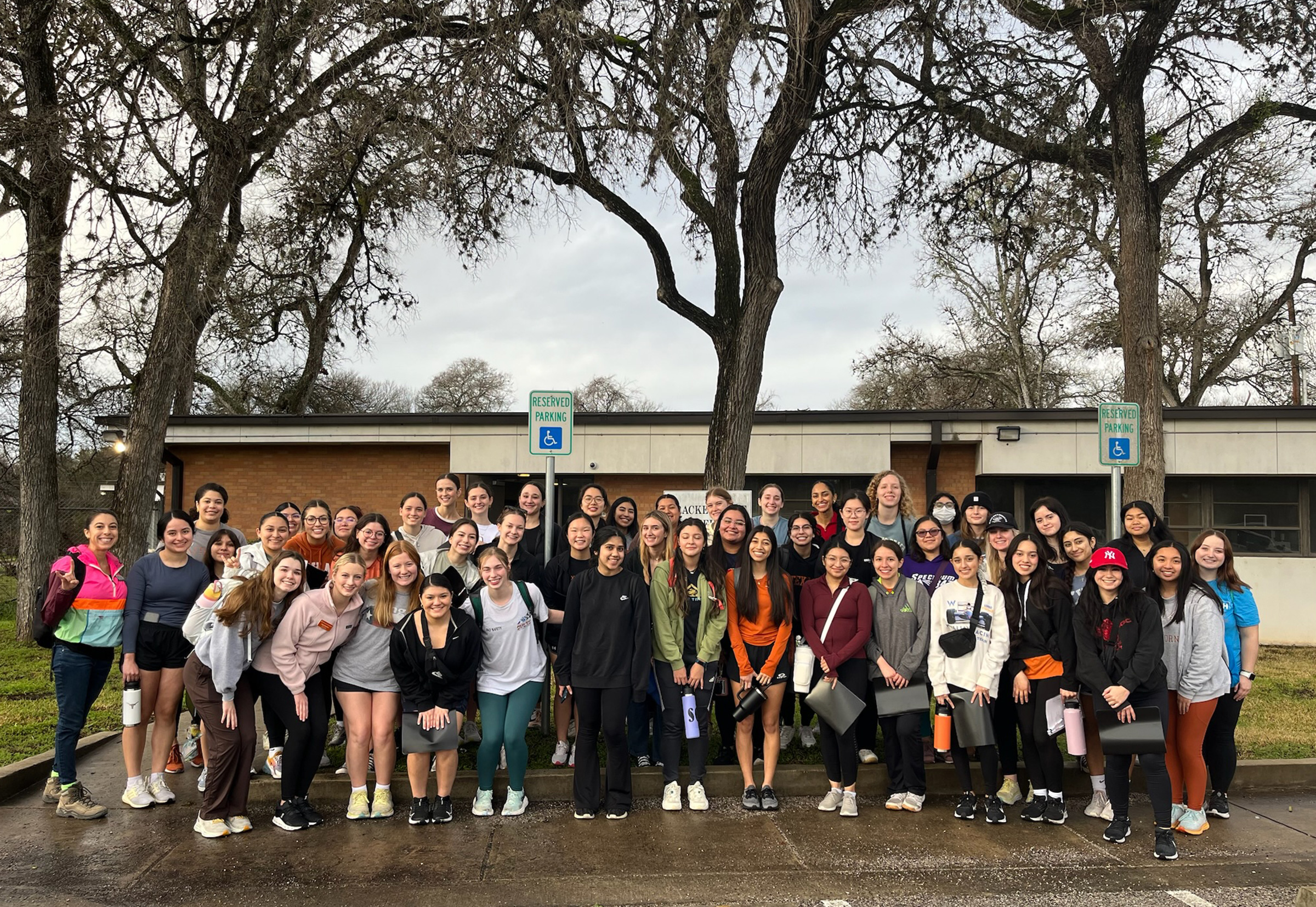News
UT Marine Science Institute
Are Parrotfishes Friends or Foes to Coral Reefs?
Parrotfishes help corals grow and survive, grazing on what can otherwise smother corals. But there are trade-offs.

College of Natural Sciences Faculty Receive NSF CAREER Awards
The awards from the National Science Foundation support innovative work by earlier-career faculty.

McDonald Observatory
Bass Foundation Gift Strengthens Outreach at McDonald Observatory
Updates to Field Station Network member McDonald Observatory will be in the Frank N. Bash Visitors Center and improve and expand the visitor experience.

Targeted Grazing May Help Beat Invasive Buffelgrass
Researchers head to Kenya to unlock the weaknesses of invasive buffelgrass to combat it here in Texas.

Texas Field Station Network Catalyzes Collaborations Across Field Sites
The recently announced largest-ever gift to the college is helping to bring new research synergies.

Wildflower Center
Lady Bird Johnson Wildflower Center Launches Live Owl Nest Cam
A much-loved great horned owl named ‘Athena’ is viewable at The University of Texas at Austin center and field station.

Natural Labs: UT Field Stations Help Predict Drought Impact
UT scientists study how droughts affect local ecosystems at the Brackenridge Field Laboratory and the Stengl Lost Pines Biological Station.




